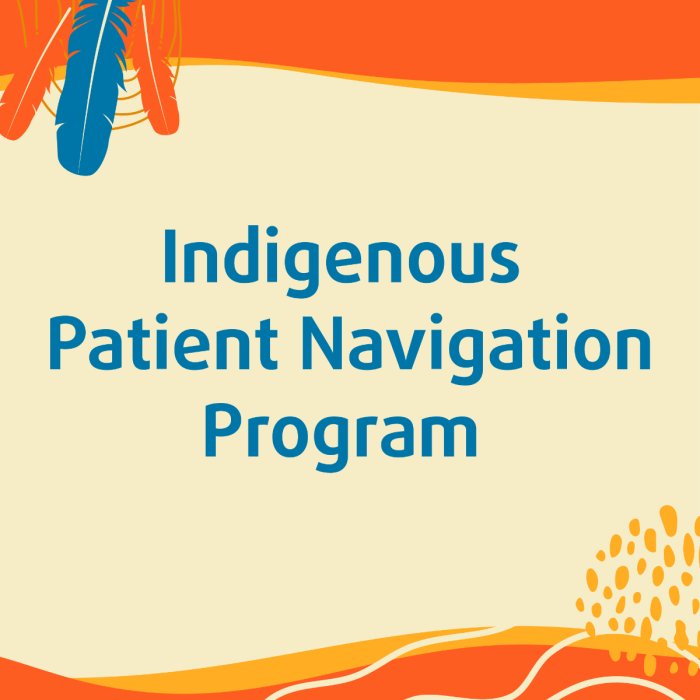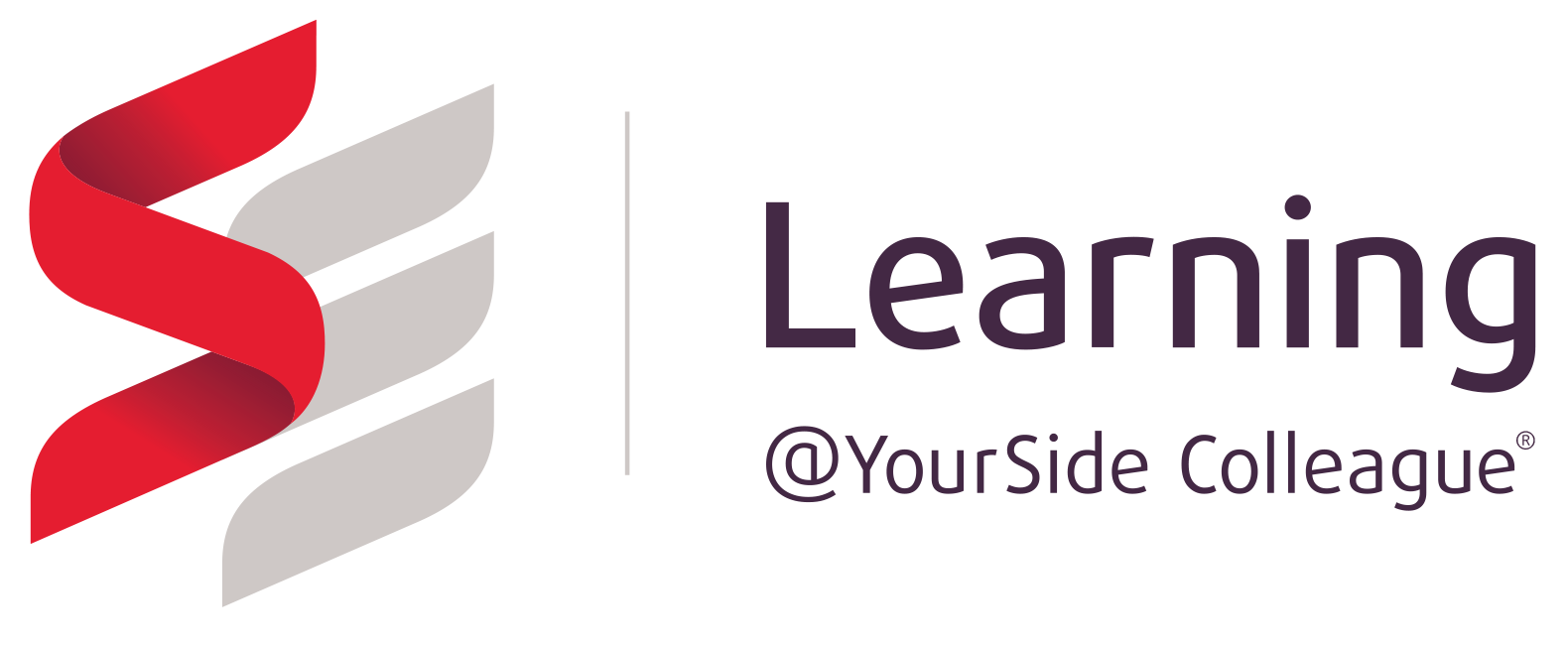Indigenous Patient Navigation Program
In stock

Each cohort consists of six interactive sessions (2 hours each):
Fall:
- Wednesday, September 10th: 11:30am-1:30pm EST
- Wednesday, September 17th: 11:30am-1:30pm EST
- Wednesday, September 24th: 11:30am-1:30pm EST
- Wednesday, October 1st: 11:30am-1:30pm EST
- Wednesday, October 8th: 11:30am-1:30pm EST
- Wednesday, October 15th: 11:30am-1:30pm EST
Winter:
- Wednesday, January 14th: 11:30 am - 13:30 pm EST
- Wednesday, January 21st: 11:30 am - 13:30 pm EST
- Wednesday, January 28th: 11:30 am - 13:30 pm EST
- Wednesday, February 4th: 11:30 am - 13:30 pm EST
- Wednesday, February 11th: 11:30 am - 13:30 pm EST
- Wednesday, February 18th: 11:30 am - 13:30 pm EST
Spring:
- Wednesday, May 13th: 11:30am-1:30pm EST
- Wednesday, May 20th: 11:30am-1:30pm EST
- Wednesday, May 27th: 11:30am-1:30pm EST
- Wednesday, June 3rd: 11:30am-1:30pm EST
- Wednesday, June 10th: 11:30am-1:30pm EST
- Wednesday, June 17th: 11:30am-1:30pm EST
This course equips participants with foundational knowledge and skills needed to navigate and understand how Indigenous Patient Navigators (IPNs) roles work within the healthcare team to reduce barriers and support health equity to improve outcomes for patients and their families. The course guides participants through the IPN competencies to strengthen skills that will be used to advocate for and support a culturally safe environment for Indigenous people across Canada.
Throughout the six sessions, the learners will learn how the roles of Indigenous Patient Navigators (IPNs) work within the healthcare team to reduce barriers and support health equity to improve outcomes for patients and their families.
The program is designed for:
- Healthcare Professionals & Leaders
- Indigenous Patient Navigators
- Community Health Representatives
- Supervisors
- Program Planners
Course Instructors: This course will be taught by an Indigenous Registered Nurse alongside a Registered Nurse who is an ally to the Indigenous community.
Program Objectives
Upon program completion, learners will have gained knowledge related to:
- IPN Competencies: Learn how the roles of Indigenous Patient Navigators (IPNs) work within the healthcare team to reduce barriers and support health equity to improve outcomes for patients and their families.
- Cultural Safety: Enhance understanding of cultural safety, humility, respect, and relevance when working in and with Indigenous communities, and with community members, and families.
- Advocacy: The program guides participants through the IPN competencies to strengthen skills that will be used to advocate for and support a culturally safe environment.
- Asset Mapping: Learn to apply a strength-based approach to identify resources relevant to patient navigation within the community and outside of the community.
- Non-Insured Health Benefits: Learn skills to navigate NIHB.
- Self-care: Learn strategies to distinguish between under-involvement and over-involvement within the zone of helpfulness to meet client needs.
Session 1: Indigenous Patient Navigator Introduction and Defining Role
Objectives:
- Gain insight into the basic understanding of Indigenous Patient Navigation
- Differentiate between Patient Navigators and Indigenous Patient Navigators
- Differentiate between Lay Patient Navigators and Professional Patient Navigators
Session 2: Indigenous Patient Navigators Competencies
Objectives:
- Define what is meant by the term ‘competencies’ as it relates to Indigenous Patient Navigators
- Differentiate between core competencies and job-specific competencies.
- Explain what is meant by the terms client-centered care and strength-based approach as it relates to working with patients in an Indigenous Patient Navigator capacity.
Session 3: Understanding the Health Care System & Cultural Safety
Objectives:
- Recognize why the determinants of health need to be addressed to achieve health equity.
- Identify barriers that impact an Indigenous patient’s access to healthcare.
- Define the components of culturally safe healthcare.
Session 4: Communication & Documentation, Building Skills for the Indigenous Patient Navigator
Objectives:
- Discuss effective and culturally safe communication skills in patient navigation.
- Identify the principles of health documentation.
- Recognize the importance of privacy and confidentiality in handling personal health information.
Session 5: Asset Mapping & Non-Insured Health Benefits
Objectives:
- Identify and categorize community assets.
- Learn about the five asset categories: social and financial, natural built, cultural, and human.
- Apply a strength-based approach to identify resources relevant to patient navigation within the community and outside of the community.
Session 6: Review Asset Mapping & Non-Insured Health Benefits, Self-Care
Objectives:
- Identify self-care activities within the Medicine Wheel framework that will help support a balanced life.
- Describe five symptoms of stress.
- Distinguish between under-involvement and over-involvement within the zone of helpfulness to meet client needs.
We're here to help! If you have any questions, need assistance, or want to share feedback about your experience, please don't hesitate to reach out at atyoursidefnim@sehc.com.
